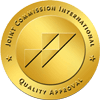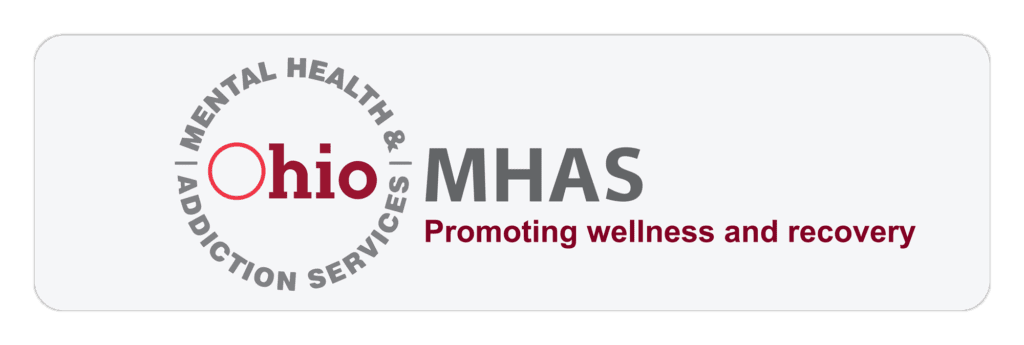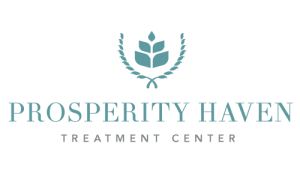A 2016 report from the Surgeon General states that one in seven Americans will struggle with addiction. Of those who seek recovery, up to 60% will relapse within a year. While relapse is not the end of the journey, successfully avoiding relapse is always the desired option. Being mindful of some of the factors which most commonly contribute to instances of relapse is a key to successfully completing your journey of sobriety.
Recognizing That Stress Is a Common Relapse Trigger
When asked about reasons for engaging in most unhealthy behaviors, stress is the number one answer. We attempt to compensate for stress by providing our brains with some form of immediate gratification mechanism. We will indulge in whatever it is that releases those feel-good chemicals, without any concern for the long-term effects. This search for immediate relief can mean overeating, spending too much time on social media, or using substances.
While many of the unhealthy behaviors that we allow ourselves to unwind with are considered socially acceptable, drug and alcohol addiction are not. This is likely due to the massive effect that these addictions have on not only the user, but all of those around, as well. No one is likely to notice whether someone wastes the whole weekend binge watching a favorite show, but it is likely to be noticed if someone goes on a substance-fueled rant or misses work due to a hangover.
Studies have indicated that the stress experienced with addiction is actually a codependent, feedback, loop. Initially, someone attempting to break the substance abuse habit will feel stress over ceasing the behavior. Then, that person will feel outside stress, tempting him or her toward using the substance to escape the discomfort. And then, if deciding to relapse due to feeling stressed, the individual will experience even more stress over having failed avoiding relapse.
With exponentially more stress being the result of relapsing, the only way out of this losing battle is to resist the initial temptation to go back to using the drugs or alcohol. Rather than seeking means of combating the stress through methods that only provide temporary relief, the key is to build a life structure which produces less stress, to begin with.
When crafting a life that is less stressful, the first step is to recognize what it is that stresses you out. Each person is unique, and certain factors will weigh on some more than others. Some of the more common stressors are related to finances, relationships, and thoughts of the future. Developing a plan to address these life factors in a proactive way can result in greater peace, and less temptation to resort to escapism.
Developing Healthy Habits to Prevent Relapse Triggers
During the process of forming an addiction, the brain begins to associate certain experiences with engaging in a certain behavior. This association can become so ingrained, that the individual will complete these behaviors without being fully aware that he or she is doing so. This is the sign that a habit has been formed.
Habits can be good, bad, or even neutral. Reaching to put on our glasses as soon as we wake up is a habit, as is leaning over to tie our shoe after putting it on. We may have a habit of driving down a certain street, or shopping at a certain store. Habits are ways that the brain saves on the energy needed for processing new information. The brain is an efficient machine, and will rely on these types of short cuts.
When it comes to substance use, there are likely certain scenarios where you have habitually used. It may be that the substances were your morning pick-me-up, or the first thing you would do to relax after a day at work. You may reach for a smoke or a glass each time you sit down to watch a movie, or every time you visit a certain friend’s house.
If simply shrugged off and left alone, these primitive instincts of habitual association with drugs or alcohol can become harmless. They will even fall off, over time, if they are not indulged. The most difficult part of breaking a habit lies in recognizing it. The second most difficult part is deciding to let the habit die before the action is completed.
If you notice that you are tempted to engage in – rather than ignore – your addictive instincts during certain scenarios, the best solution is to change your routine. Try going for a jog as soon as you wake up, or go and buy a new chair for watching movies in. You can ask your friend to meet you in a new place, and you can take up cooking or walking the dogs after work. Use your creativity, and have fun forming new, healthier, habits for your brain to be lazy about.
Avoiding Relapse Due to Boredom
The concept of avoiding relapse due to boredom can be a controversial topic. There are some who propose that it is only a state of mind, and is not related to actual events, at all. There has been the idea that only a boring person can be bored. And there has been the idea presented that only a smart mind will be bored in the absence of stimulus.
Regardless of how boredom is conceptualized, there has been much evidence linking it to the engagement in substance abuse. A person in the uncomfortable state of being bored isn’t often thinking much further than how to find immediate relief from it. Boredom can be approached in the same, ineffective, way that stress is temporarily abated.
The obvious solution to relieving boredom is to find more activities to engage in. Make a list of all of the things that you have ever dreamed about doing, and then start checking off your list. If you find that you have a hard time even thinking of satisfying ways to spend your time, you may be suffering from a form of anhedonia. This inability to find pleasure in any activities is a symptom of depression. Visit a therapist to seek solutions to this form of mental health difficulty.






